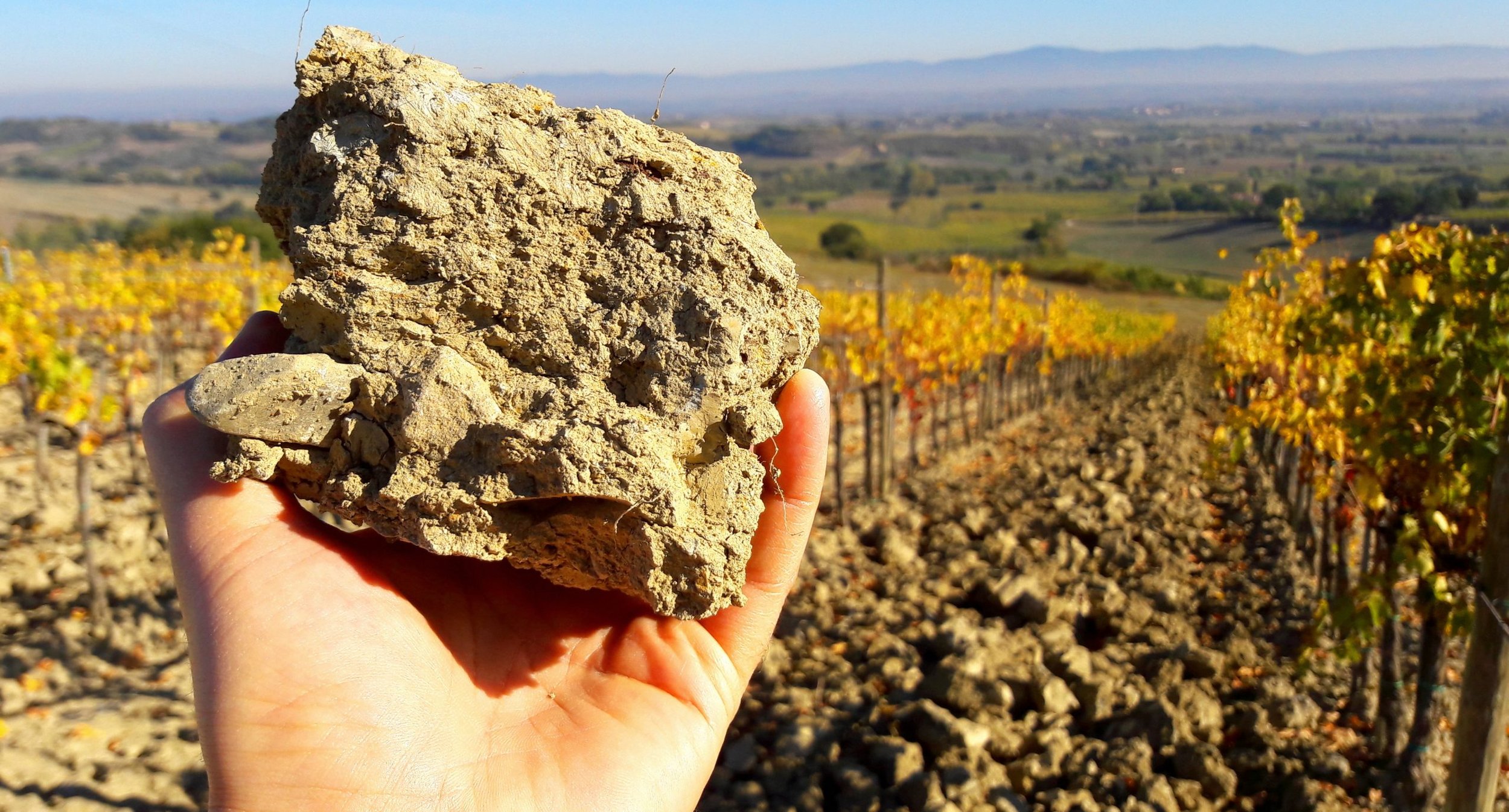Talk Dirt To Me
Once one knows how to taste wine, one no longer simply tastes wine but its profound secrets.
–Salvador Dali
The best winemakers all have a deeply intimate relationship with their vines. Take the renowned Lalou Bize-Leroy. Madame Leroy (pronounced “le-wah”, the same as “king” in French, roi) is, at 87 years old, called the Grand Dame of Burgundy. No surprise there, as she co-directed Domaine de la Romanée-Conti for nearly twenty years; her wines frequently receive 100-point scores and command some of the highest prices in Burgundy. Like other greats, Mme. Leroy uses all biodynamic principles. When asked how she manages such amazing wines year after year, she replies: “It is simple. I love my vines more than most people.” And she talks to them. Lovingly. “One must love the vines,” she says. “Be near them, think about them, communicate with them.”
Anyone who gardens or is closely connected to nature understands that the trees, the flowers, the vines—plants respond to us. Yet the prevailing thought in Burgundy, land of so many producers, is C'est l'homme qui fait le vin. Man makes the wine. The flip side to this philosophy says, wine is made in the vineyard, not the cellar. Take care of your soil, your vines, step out of the way and let the wine make itself. Or as Mme. Leroy not so delicately puts it, “There is no wine making and no winemaker!”
These concepts echo around the world. The late Serge Hochar of Château Musar also liked to speak with his vines, relating what they had to teach him with his understanding of God. “We should think about the wine and how it makes your heart feel, why it takes you so close to God. My religion is wine. I am a Maronite Christian, but it is not there that the core of my humanity lies. It lies in accepting the other, in tolerance, which is the only lesson for humanity and which is one of the chief lessons wine can teach.” How does wine teach man tolerance? “When you understand that all flavors and smells and memories you have experienced over the last hours have come from the same wine, then you will learn not to condemn any wine until you have stayed with it through all its stages. When you understand that, then you can learn not to condemn any person.” In the end, for all passionate producers, it boils (or ferments) down to love translated into beauty.
Château Musar, 2011 (organic) - Château Musar is made to age, and most last for decades, improving as they wait patiently in your cellar. “Give my wines time, and they will give you more joy.” The 2011 shows notes of cherries, stewed plums, dates, fig, spice, and olive. Sensual and complex. Bekaa Valley, Lebanon, $65.99.
Fatalone, Gioia del Colle, Primitivo, 2015 (organic) – Some vintners talk to their wines, and then again, some sing. Or play Mozart. Cellared bottles are serenaded with classical music at the Fatalone estate, whose motto is: “Who loves and respects nature, loves God and himself.” Outstanding wine for the price. Balsamic notes with spice, berries, dark fruit, and toasted almond. Puglia, Italy, $22.99.


